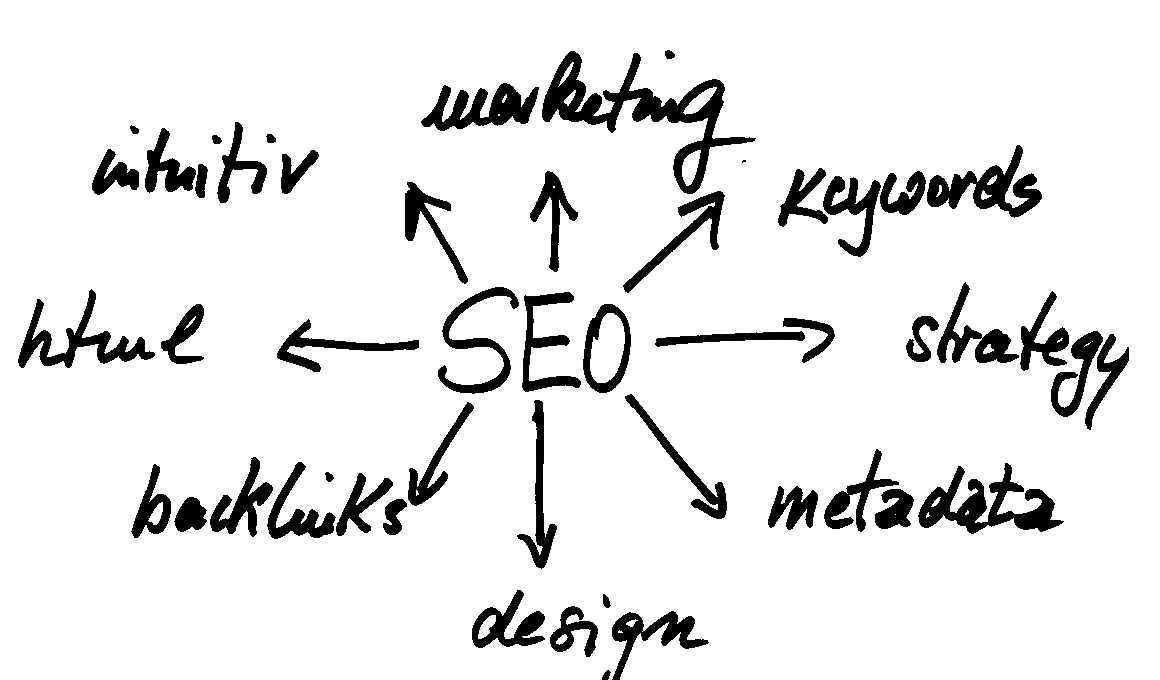SEO Mistakes to Avoid in Event Marketing
Event marketing is an essential part of any marketing strategy, especially for businesses wanting to maximize their reach. However, many organizations make SEO mistakes that hinder their marketing efforts. One critical mistake is not optimizing the event website effectively. This could lead to poor search rankings, causing to miss valuable organic traffic. Another common error is neglecting long-tail keywords which can better target specific audiences. By ignoring these, you miss the chance to connect with individuals genuinely interested in your event. Additionally, failing to align SEO strategies with the overall marketing goals can prove detrimental. Each event has unique objectives, and your SEO should support these. You also need to ensure that event-specific content is regularly updated, as stagnant content can lead to reduced engagement. Moreover, not using quality backlinks can limit your website’s authority, which is crucial for SEO success. Lastly, sticking to generic meta descriptions and titles could confuse search engines. Creating unique, descriptive titles improves visibility and click-through rates. By avoiding these mistakes, you can significantly enhance your event marketing performance and reach your intended audience more effectively.
A frequent SEO mistake in event marketing is overlooking mobile optimization. With an increasing number of users accessing websites via mobile devices, ensuring your event site functions well on these platforms is vital. A poorly optimized mobile site frustrates potential attendees, leading to higher bounce rates. Additionally, many users are likely to conduct quick searches for event details on their phones. Lack of mobile optimization can deny these users crucial information, ultimately affecting ticket sales. Furthermore, not incorporating structured data for your events can hinder how search engines understand your content. This schema markup can enhance your site’s appearance in SERPs, showcasing essential information such as dates, times, and locations. Ignoring local SEO practices is another significant error. When hosting local events, optimizing for local searches ensures you reach potential attendees nearby. Providing location-based keywords is essential for this purpose. Additionally, not engaging with social media platforms can diminish audience interaction and brand awareness. Having an online presence is a key driver for traffic to your event page. By addressing these mistakes, you’re not just filling seats; you’re building meaningful connections with your audience.
The Importance of Content Strategy
Content is king in event marketing, and having a solid content strategy is crucial. A common mistake is not creating engaging and informative content about the event. Your target audience needs to know what makes your event unique. Failing to emphasize speakers, workshops, or entertainment options reduces interest. Accordingly, ensure your content reflects the event’s value. Furthermore, neglecting to promote user-generated content can undermine your marketing efforts. Encouraging attendees to share experiences, photos, and feedback engages future participants and enhances credibility. Also, using generic blog posts that do not reflect the event will often fail to engage potential attendees effectively. Instead, curate articles, infographics, or videos that resonate with the audience. Additionally, not having a call-to-action (CTA) can negatively impact conversion rates. Your content should always direct readers to register or learn more, making it easy for them to take the next step. Overlooking this simple tactic may result in lost opportunities. Lastly, prioritizing quantity over quality when publishing contents can dilute your message. Focusing on quality ensures your audience receives valuable insights while enhancing your institution’s credibility.
Another critical mistake is not tracking SEO performance effectively. Without proper analytics in place, it’s challenging to assess what strategies are working and which ones are not. Use tools like Google Analytics to monitor traffic, bounce rates, and conversions related to your event page. Regularly reviewing this data allows you to adjust strategies as needed, enhancing SEO results. Also, neglecting to localize content can impact SEO efforts for events targeting specific demographics. Localized content, using the right dialect and relevant cultural references, can resonate better with your audience. Additionally, failing to prioritize page speed can have detrimental effects on user experience and SEO rankings. A slow-loading event website can lead to losing potential attendees. Make sure your website loads quickly on all devices by optimizing images and eliminating unnecessary scripts. Ignoring social proof, such as testimonials or media coverage, can weaken your event’s appeal. Adding these elements fosters trust and credibility, leading to higher attendance rates. Lastly, not refreshing your existing content can lead to missed opportunities for improved visibility. Regularly updating older content boosts relevance and can improve search rankings significantly.
Utilizing Social Media for SEO
Social media plays a vital role in the SEO strategy for event marketing. A mistake that many make is not integrating social media with their SEO efforts. Platforms like Facebook, Twitter, and Instagram can drive traffic to your event website significantly. By sharing engaging posts or creating event pages, you generate buzz and reach a larger audience. Additionally, failing to use relevant hashtags can limit your visibility on these platforms. Hashtags help target specific audiences interested in related topics, improving post engagement. Moreover, ignoring the power of event promotion through social media ads could hinder your marketing efforts. Paid advertising can target demographics effectively, so use this tool strategically to reach the right audience. Another common oversight is not engaging with followers. By responding to comments, questions, and feedback, you foster relationships with attendees. Higher engagement rates can improve your social media presence, further enhancing your SEO. Furthermore, not analyzing social media performance limits your understanding of what content works. Use analytics tools to track engagement metrics, helping refine your approach for future events. By leveraging social media intelligently, you can enhance your event marketing SEO effectively.
When it comes to SEO mistakes in event marketing, neglecting backlinks is notably detrimental. High-quality backlinks from reputable sites can drastically improve your website’s authority and visibility. However, many entities focus on optimizing their site without building these essential backlinks. Consider guest blogging or collaborations with industry influencers to enhance credibility. Additionally, failing to create valuable partnerships can limit cross-promotion opportunities. Partnering with other events or businesses opens avenues for connecting with a broader audience. Ensure the content you create through this collaboration is beneficial to both parties. Also, overusing keywords can hurt your event’s SEO. Search engines may penalize websites that appear spammy due to keyword stuffing. To avoid this, focus on natural language and relevant phrases, ensuring a better user experience. Moreover, not incorporating visual content such as videos or images can weaken engagement. Adding visually appealing elements can capture attention and increase on-page time, positively impacting SEO. Lastly, failing to prepare for post-event optimization can squander opportunities for sustained traffic. While excitement may dwindle, optimizing content with event insights ensures continued interest and engagement. This can lead to higher search rankings.
Conclusion
In conclusion, avoiding SEO mistakes in event marketing directly influences the success of your events. By prioritizing mobile optimization, creating a robust content strategy, and effectively utilizing social media, you can enhance online visibility and engagement. Additionally, integrating proper analytics tools will provide insights into areas for improvement, supporting more effective marketing efforts. Engaging in partnerships can also build essential backlinks to boost authority and credibility. Constantly refining the SEO strategy helps maintain relevance in search engine results. It’s crucial to avoid common pitfalls such as neglecting page speed or local SEO practices, as they considerably impact user experience. Ensure your website has been optimized for all devices and fosters an inviting environment for potential attendees. Your event content should be engaging and informative while inviting participation through clear calls to action. Evaluation through analytics will facilitate continual improvement, ensuring that each event builds upon the last. By focusing on these aspects, you’re setting your event marketing strategy up for success. Ultimately, effective SEO is about reaching your audience and providing them with what they are truly looking for when searching online. This approach will contribute significantly to your event’s overall attendance and success.





